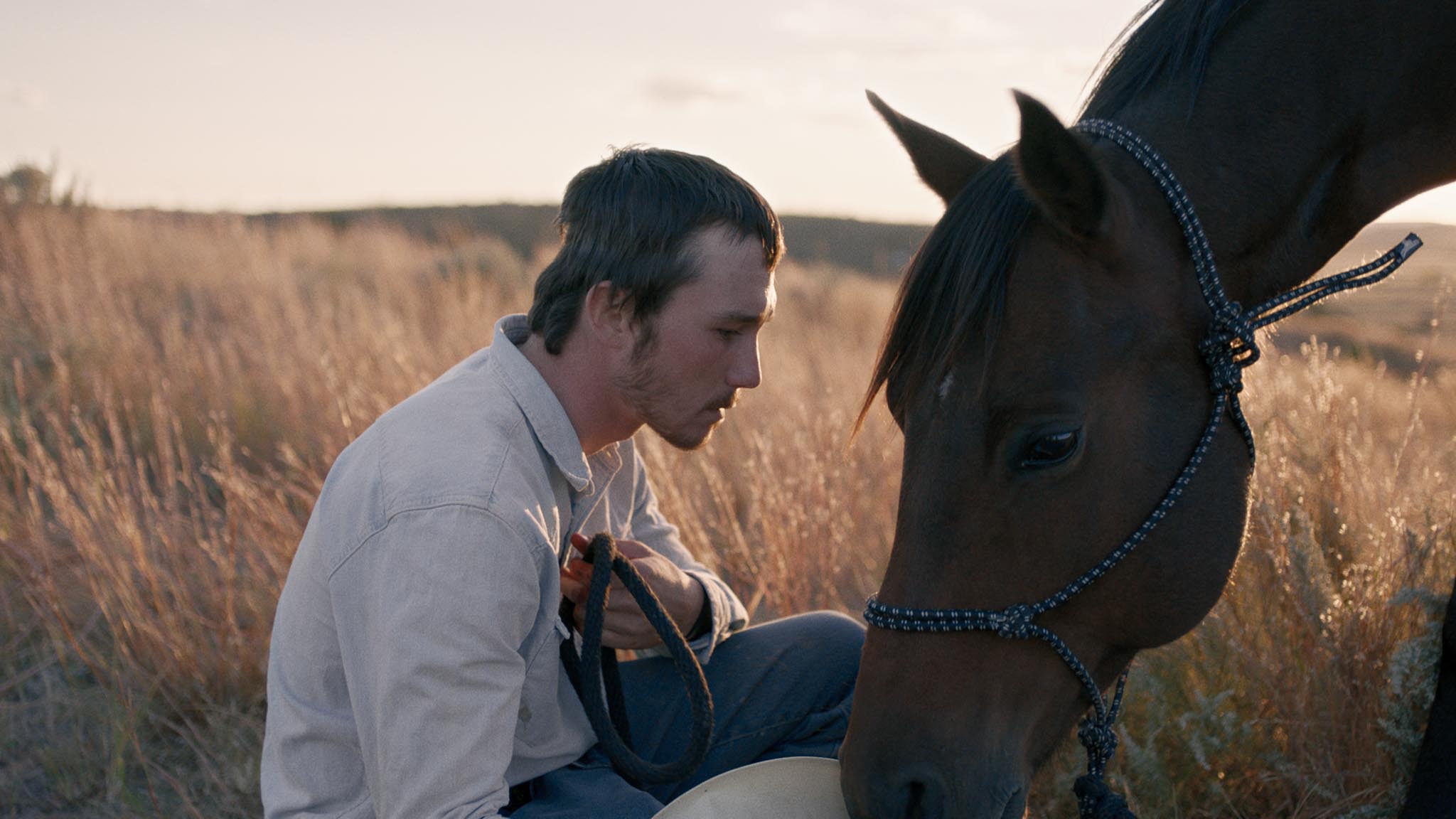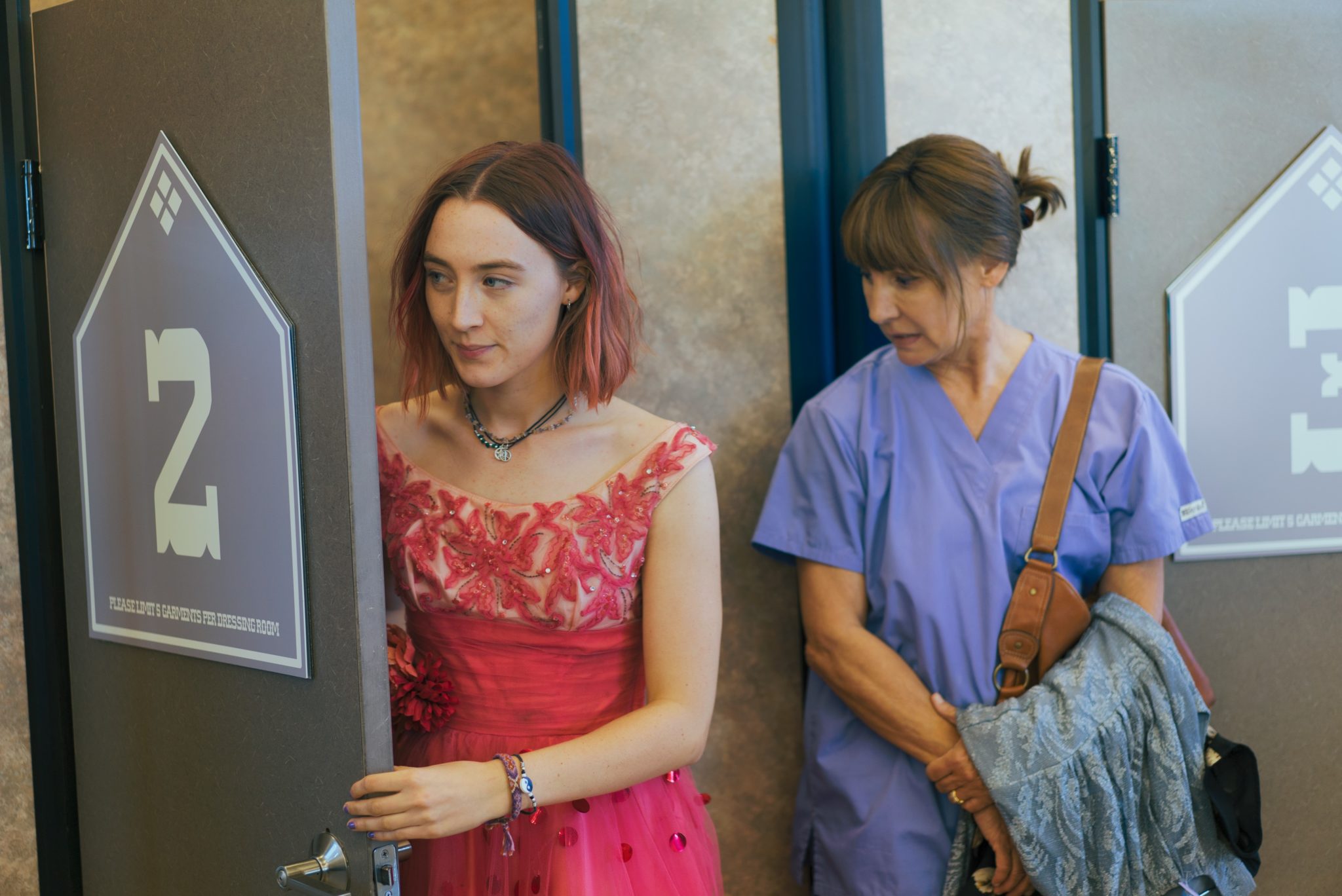
Lapsis – Questioning the Gig Economy
?Challenge your status quo.? Does the chance to make big money while enjoying the outdoors appeal to you? That?s the come-on in the sci-fi-ish look at the gig economy in Lapsis, directed by Noah Hutton. The film has been nominated for a Film Independent Spirit Award for Best First Screenplay. Ray (Dean Imperial) is having…


